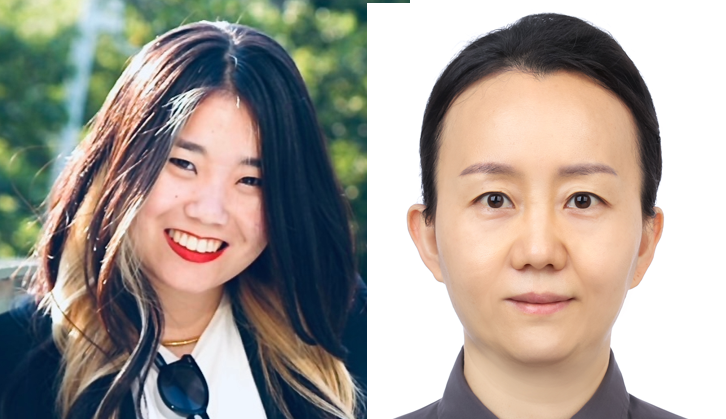- ニュース
- 第96回アジア太平洋研究センター(WIAPS)研究会 (3/3)
第96回アジア太平洋研究センター(WIAPS)研究会 (3/3)

Dates
カレンダーに追加0303
MON 20250304
TUE 2025- Place
- Zoom ウェビナー
- Time
- 10:00-11:10
- Posted
- Wed, 19 Feb 2025
開催日時
2025年3月3日(月)10:00-11:10
場所
ZOOMウェビナー
参加資格
WIAPS専任教員・助教, GSAPS兼担教員, WIAPS受入の交換研究員・訪問学者・外国人研究員, GSAPS修士課程・博士後期課程在学生
報告1 (10:00-10:35)
報告者
小高麻衣子(早稲田大学アジア太平洋研究センター 助教)
報告テーマ
Online Encounters and Sexual Violence in Japan: Analyzing Gender Inequality and Consent Through NHK’s 2022 Survey
(使用言語:English)
要旨
This presentation examines the intersection of sexual violence, online dating culture, and gender inequality in Japan, using data from NHK’s 2022 survey on sexual violence, which gathered over 38,000 responses. This study focuses on cases where female victims encountered perpetrators through SNS platforms such as X (formerly Twitter), Instagram, dating apps, and gaming communities.
Despite the anonymity and risks associated with online interactions, SNS and dating apps have become central to modern dating culture in Japan and beyond. However, many victims report being pressured for sex during their first meeting or experiencing non-consensual condom removal—an act that constitutes rape. These cases challenge conventional understandings of sexual consent, which is not a singular agreement but an ongoing process throughout intimate encounters.
Following Japan’s 2023 penal code revision, reported cases of non-consensual sexual intercourse increased significantly, with 1,486 recognized cases between January and May 2024—nearly double the previous year’s figure. This presentation employs a semiotic analysis of sexual representation alongside NHK data to highlight the gendered inequalities embedded in dating culture.
Ultimately, this research calls for a critical reevaluation of societal norms surrounding sexual consent. It emphasizes the need for education and structural reforms to foster a safer and more equitable environment for all individuals navigating online and offline dating experiences.
報告2 (10:35-11:10)
報告者
Mihye Cho(早稲田大学アジア太平洋研究センター 助教)
報告テーマ
Unpacking Smartness: Solving Old Urban Problems with Digital Technologies in Singapore
(使用言語:English)
要旨
While smart urbanism can encourage citizens to produce data for urban infrastructures and manage civil society, it is also criticized for prioritizing a city’s competitiveness and attractiveness for investment over truly improving the well-being of its residents. Furthermore, smart citizens are seen as the generic, abstract citizens whose participation in smart city-making is discursively deployed. This study responds to such critical reflections on smart urbanism. By examining how people perceive smart cities and what they expect from technologies, this research explores what smartness means for citizens living under the strong influence of smart urbanism. Specifically, it analyzes the content of interviews conducted with public housing residents in Singapore. The results show that the residents were mainly concerned with daily needs, such as saving personal time and living expenses, and maintaining social and psychological security with the help of technologies. In addition, they welcomed the benefits of technologies to the extent that their daily needs were met by technologies, but expressed strong concerns about the marginalization, exclusion, inequality, and surveillance that digital technologies could increase. This research examines the conflicting views of smartness among urban actors (i.e., authorities and citizens) and critically discusses the tokenism of community participation in smart urbanism.
[Originally, this research was co-produced by Jiyoun Kim and Mihye Cho.]
